Why is British wildlife in decline?
New study warns that populations have plummeted by average of 60% since 1970
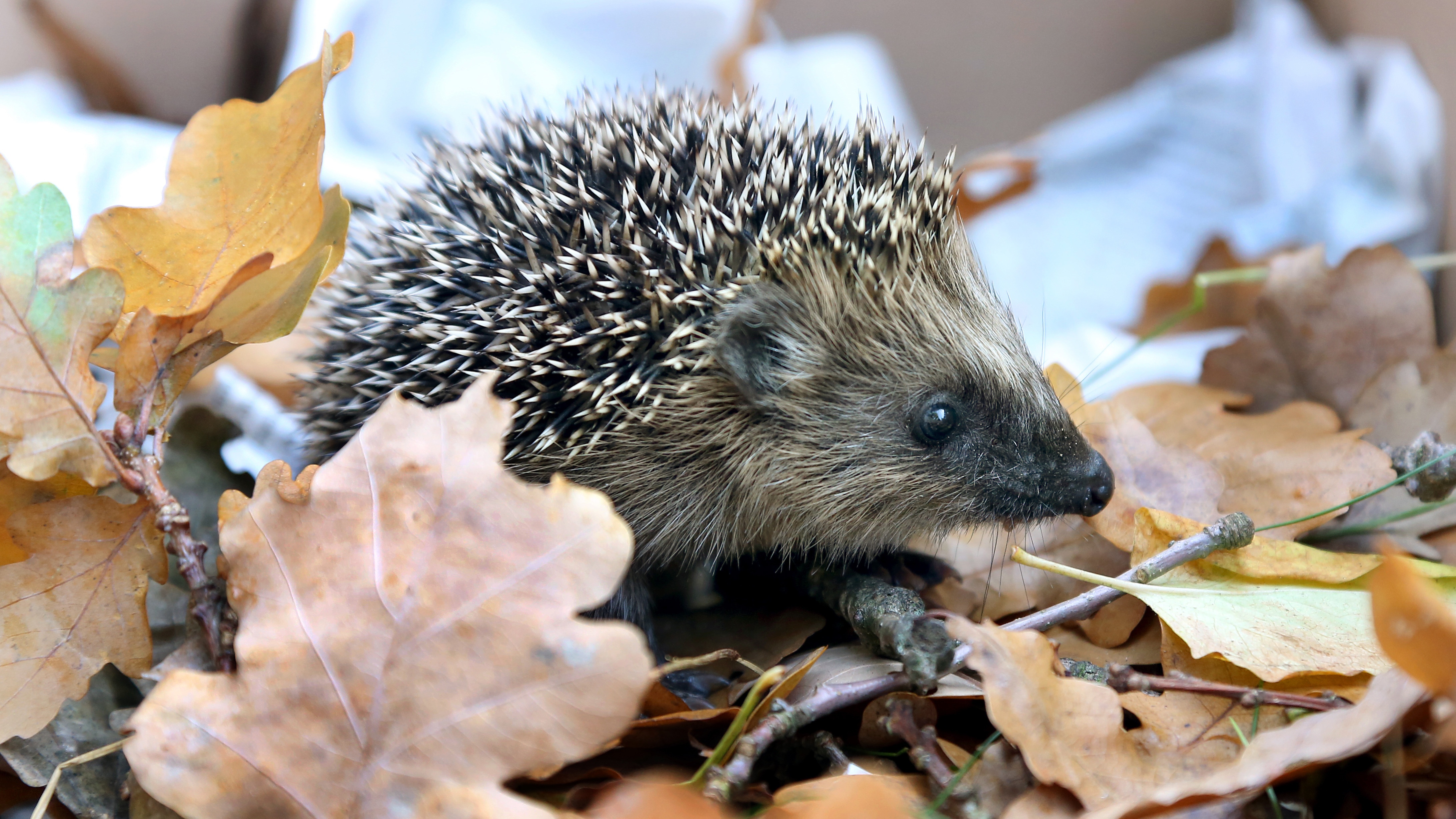
A free daily email with the biggest news stories of the day – and the best features from TheWeek.com
You are now subscribed
Your newsletter sign-up was successful
More than a quarter of UK mammals are facing extinction, according to a new report authored by 70 British wildlife charities and government agencies.
Populations of the UK’s native species have fallen by an average of 60% in less than 50 years, warns the National Biodiversity Network’s State of Nature report.
Researchers examined data from 1970 to the present day relating to almost 7,000 species, to produce the clearest picture yet of how Britain’s wildlife landscape has changed in recent decades, says The Guardian.
The Week
Escape your echo chamber. Get the facts behind the news, plus analysis from multiple perspectives.

Sign up for The Week's Free Newsletters
From our morning news briefing to a weekly Good News Newsletter, get the best of The Week delivered directly to your inbox.
From our morning news briefing to a weekly Good News Newsletter, get the best of The Week delivered directly to your inbox.
“We know more about the UK’s wildlife than any other country on the planet, and what it is telling us should make us sit up and listen,” said lead study author Daniel Hayhow, of the Royal Society for the Protection of Birds (RSPB). “We need to respond more urgently across the board.”
–––––––––––––––––––––––––––––––For a round-up of the most important stories from around the world - and a concise, refreshing and balanced take on the week’s news agenda - try The Week magazine. Get your first six issues free–––––––––––––––––––––––––––––––
The analysis found that 26% of mammal species are at risk of disappearing altogether, while 41% of species have decreased in number, the BBC reports.
And “the losses to all animals, plants and marine life show no sign of letting up”, adds The Guardian.
A free daily email with the biggest news stories of the day – and the best features from TheWeek.com
The species most under threat include hedgehogs, hares, bats, birds such as the willow tit and the turtle dove, and insects such as the high brown fritillary butterfly.
The report cites the intensification of agriculture as the main reason for species loss, with the total area of crops treated with pesticides increasing by 53% between 1990 and 2010. This has had a “dramatic impact on farmland biodiversity”, the authors say.
Wildlife-friendly farming backed by government-funded agri-environment schemes “may have helped slow the decline in nature but has been insufficient to halt and reverse this trend”, they add.
The study also points to climate change, which is “driving widespread changes in the abundance, distribution and ecology of the UK’s wildlife, and will continue to do so for decades or even centuries to come”.
In addition, protected area officially designated for “priority species” inhabitation has shrunk by 27% since 1970, the research shows.
Responding to the findings, Rosie Hails of the National Trust said: “The UK’s wildlife is in serious trouble... we are now at a crossroads when we need to pull together with actions rather than words.
“We need a strong new set of environmental laws to hold our governments and others to account and to set long-term and ambitious targets.”
-
 Antonia Romeo and Whitehall’s women problem
Antonia Romeo and Whitehall’s women problemThe Explainer Before her appointment as cabinet secretary, commentators said hostile briefings and vetting concerns were evidence of ‘sexist, misogynistic culture’ in No. 10
-
 Local elections 2026: where are they and who is expected to win?
Local elections 2026: where are they and who is expected to win?The Explainer Labour is braced for heavy losses and U-turn on postponing some council elections hasn’t helped the party’s prospects
-
 6 of the world’s most accessible destinations
6 of the world’s most accessible destinationsThe Week Recommends Experience all of Berlin, Singapore and Sydney
-
 Climate change could lead to a reptile ‘sexpocalypse’
Climate change could lead to a reptile ‘sexpocalypse’Under the radar The gender gap has hit the animal kingdom
-
 How drones detected a deadly threat to Arctic whales
How drones detected a deadly threat to Arctic whalesUnder the radar Monitoring the sea in the air
-
 ‘Jumping genes’: how polar bears are rewiring their DNA to survive the warming Arctic
‘Jumping genes’: how polar bears are rewiring their DNA to survive the warming ArcticUnder the radar The species is adapting to warmer temperatures
-
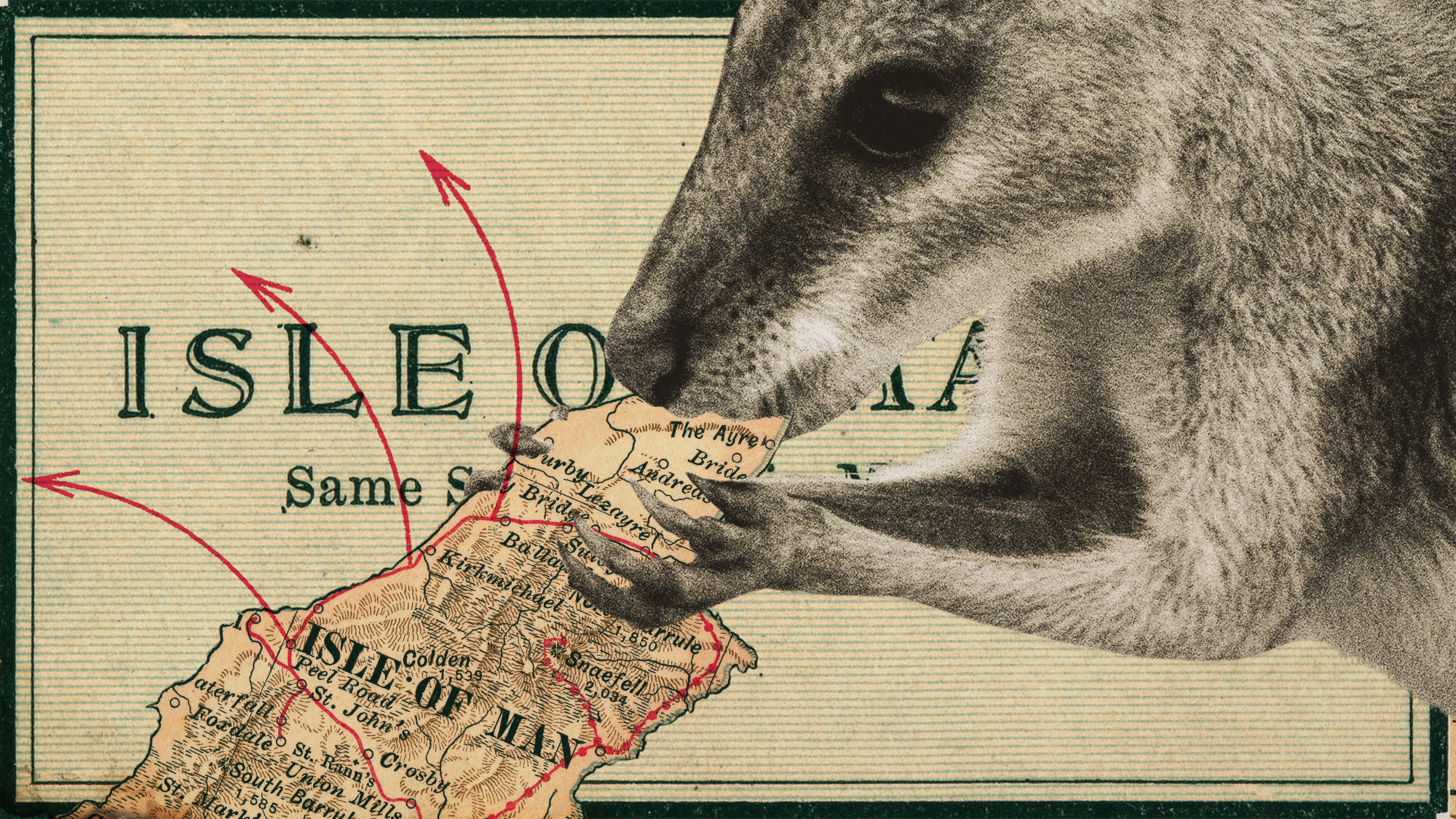 The UK’s surprising ‘wallaby boom’
The UK’s surprising ‘wallaby boom’Under the Radar The Australian marsupial has ‘colonised’ the Isle of Man and is now making regular appearances on the UK mainland
-
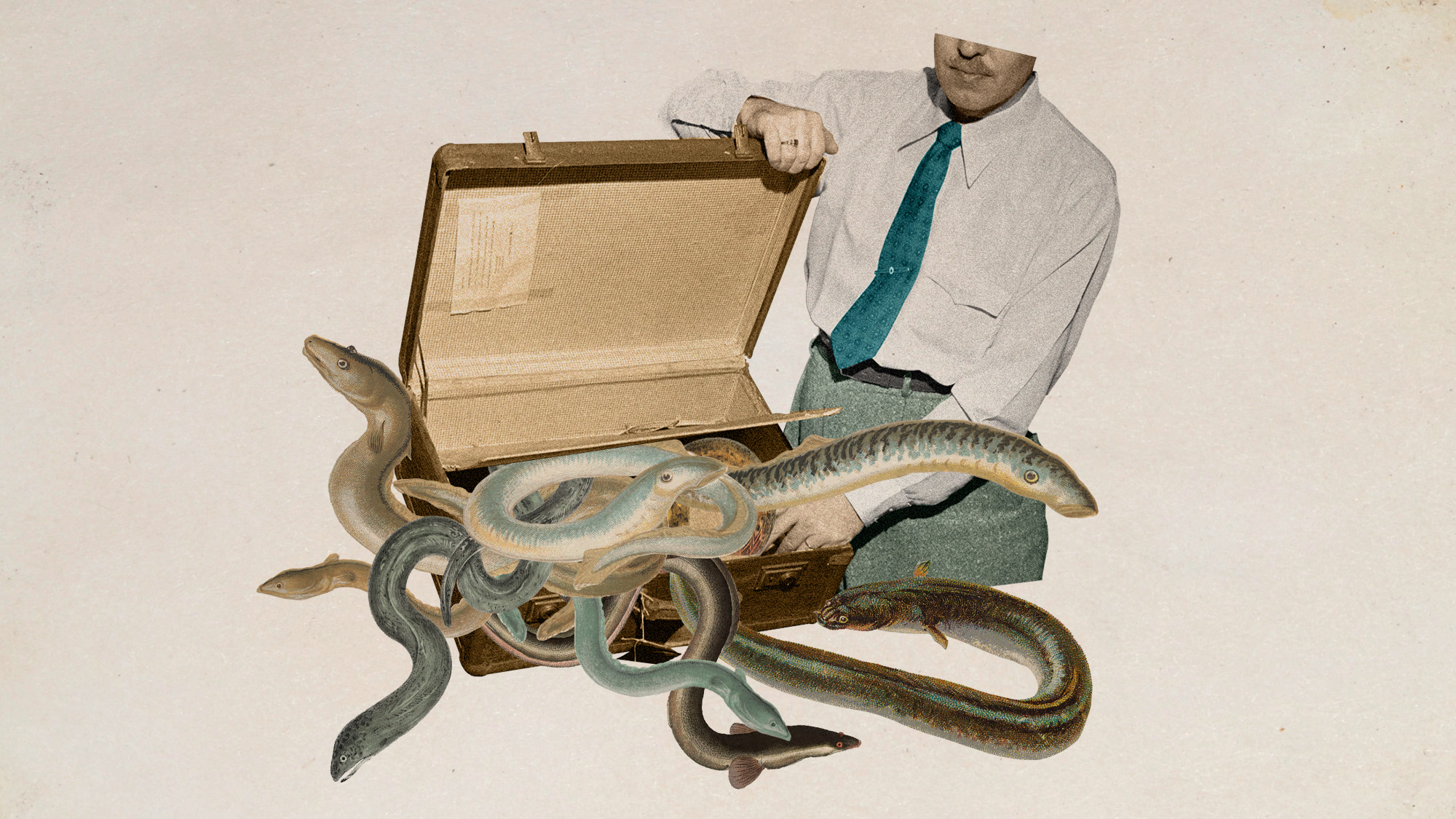 Eel-egal trade: the world’s most lucrative wildlife crime?
Eel-egal trade: the world’s most lucrative wildlife crime?Under the Radar Trafficking of juvenile ‘glass’ eels from Europe to Asia generates up to €3bn a year but the species is on the brink of extinction
-
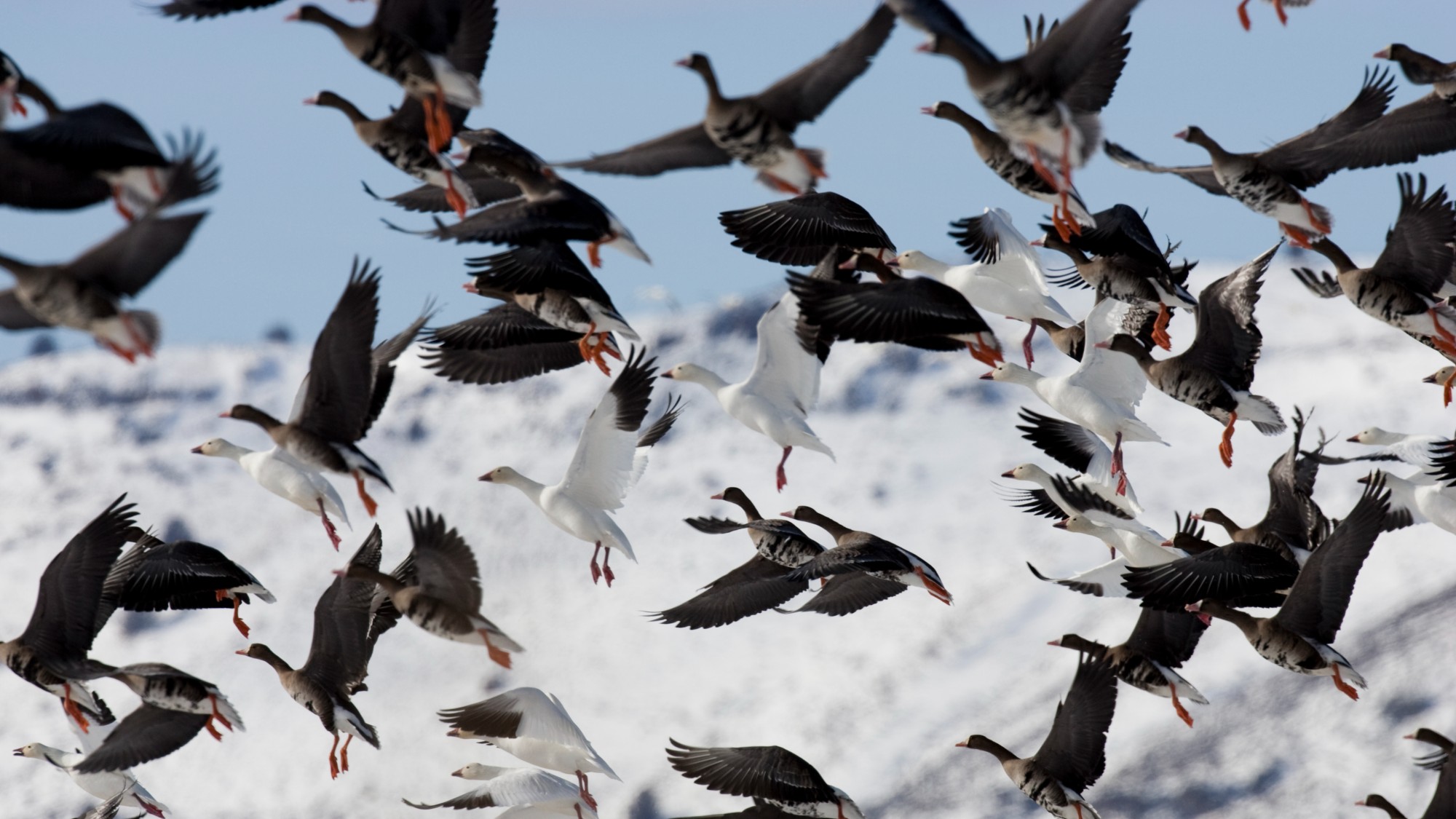 Icarus programme – the ‘internet of animals’
Icarus programme – the ‘internet of animals’The Explainer Researchers aim to monitor 100,000 animals worldwide with GPS trackers, using data to understand climate change and help predict disasters and pandemics
-
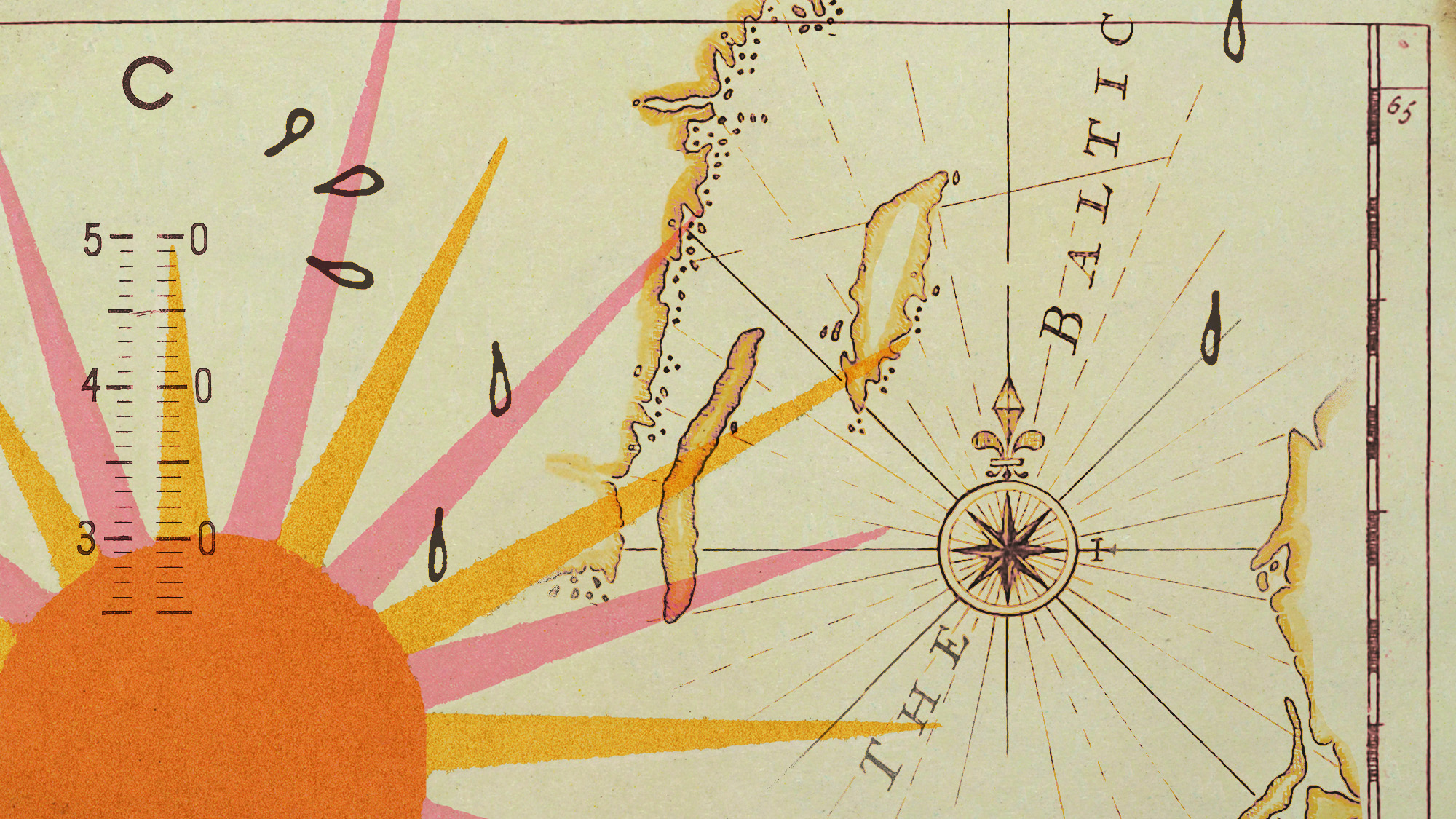 What do heatwaves mean for Scandinavia?
What do heatwaves mean for Scandinavia?Under the Radar A record-breaking run of sweltering days and tropical nights is changing the way people – and animals – live in typically cool Nordic countries
-
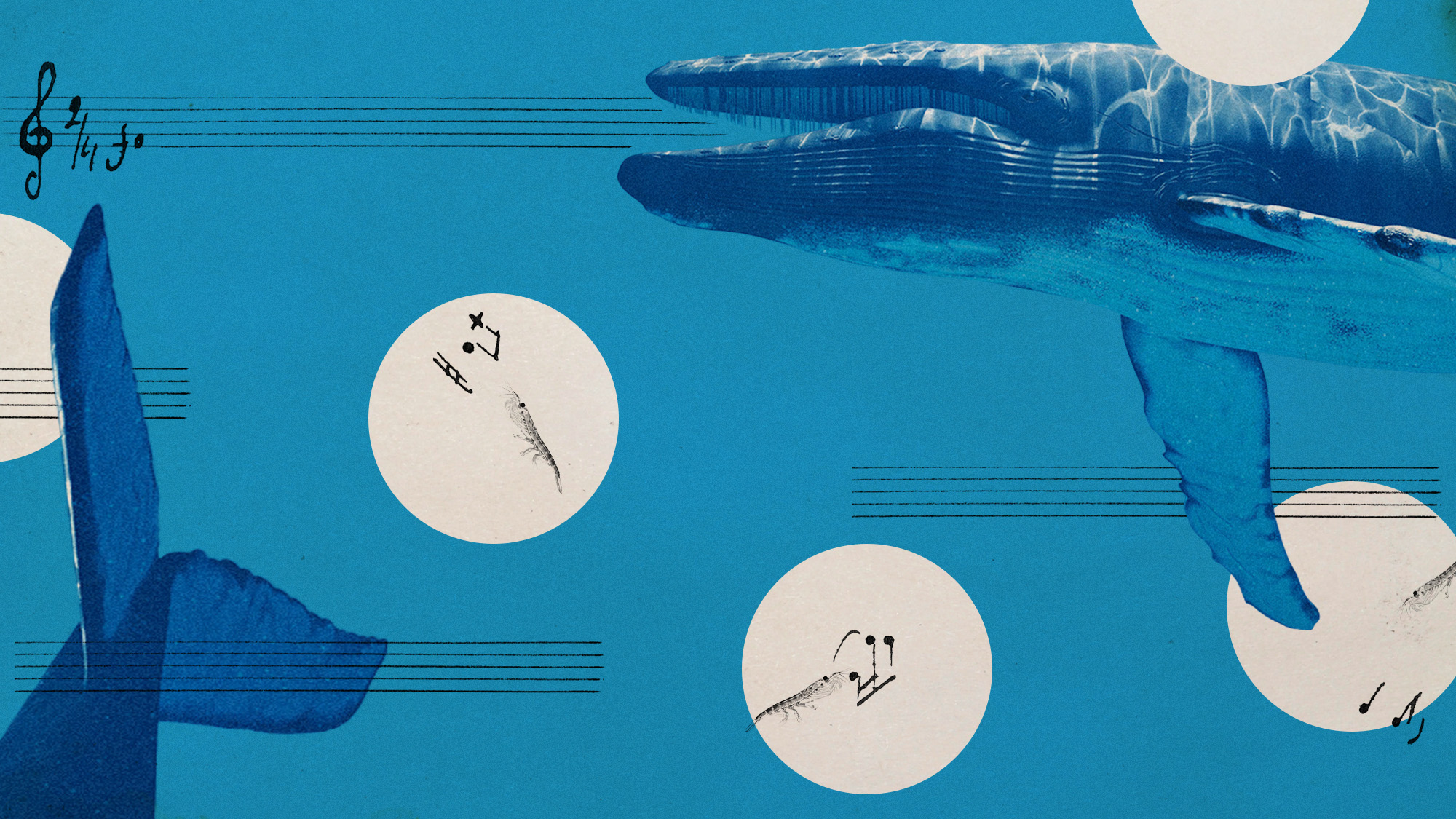 Blue whales have gone silent and it's posing troubling questions
Blue whales have gone silent and it's posing troubling questionsUnder the radar Warming oceans are the answer